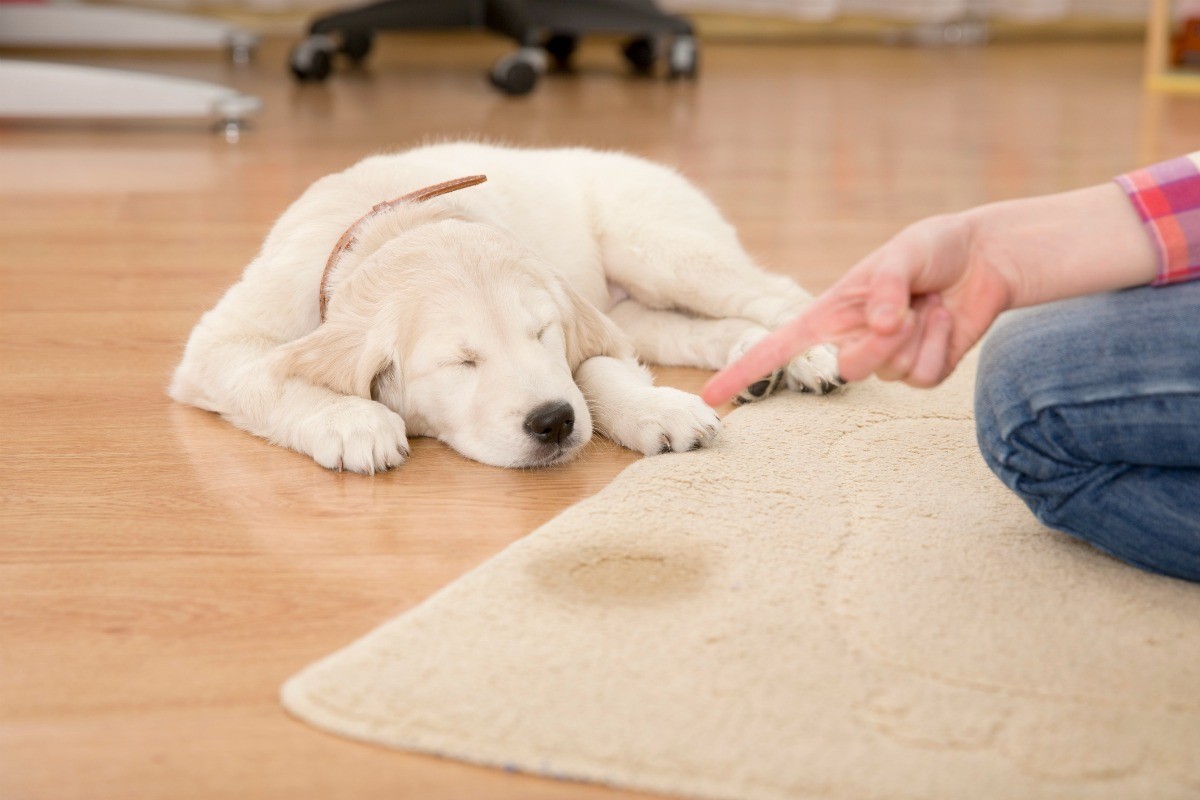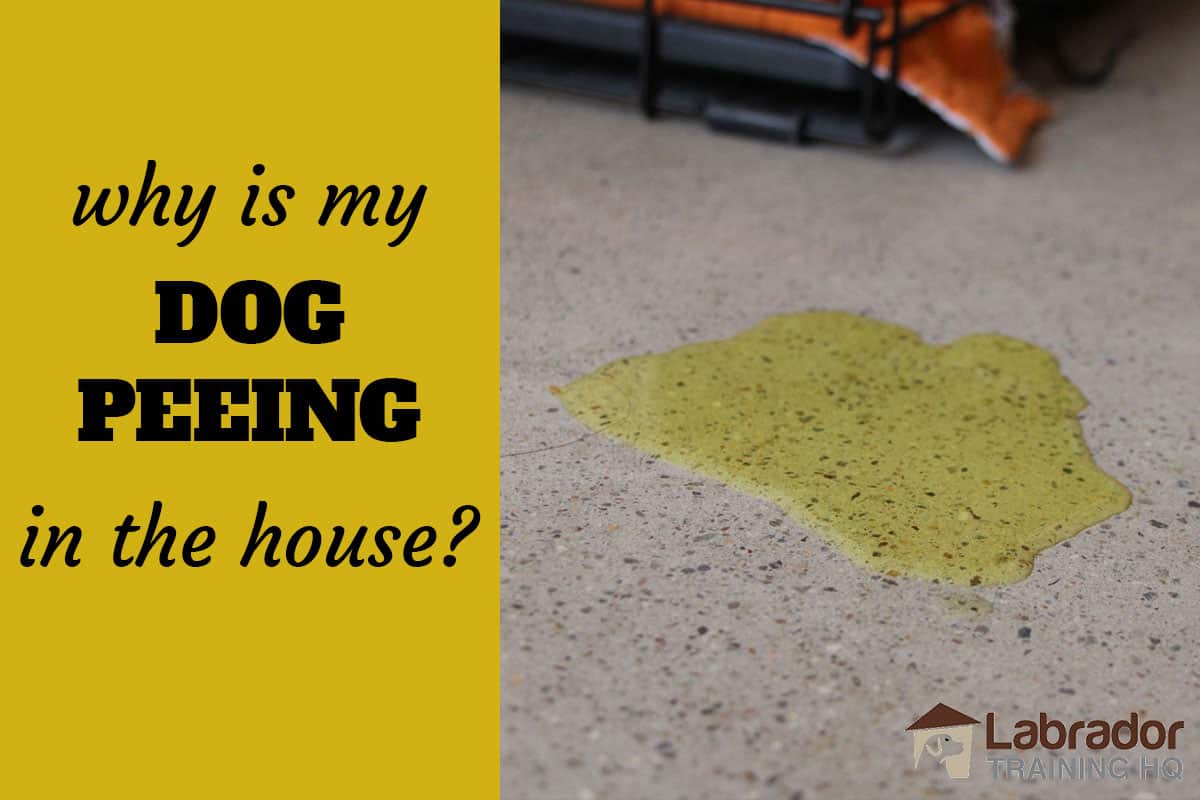Table Of Content

It’s important to spay or neuter your dog to help reduce the likelihood of marking behavior. Providing plenty of opportunities for your dog to mark outside can also help curb this behavior indoors. Another reason why a dog may pee in the house is due to anxiety or stress. Changes in the household, such as a new pet or a move to a new home, can trigger anxiety in dogs and cause them to exhibit undesirable behaviors like peeing indoors.
Training Tips For When Your Dog Keeps Peeing In The Same Spot
The time it takes to train a dog to stop peeing in the house can vary depending on the dog’s age, breed, temperament, and previous training. With consistent training, positive reinforcement, and patience, most dogs can be successfully potty trained within a few weeks to a few months. The rise of smart pet products, such as indoor potty systems and pet cameras with built-in training features, has provided dog owners with innovative tools to help prevent accidents in the house.
Pets and rental housing: What you need to know
Puppies must be taught the difference between going potty inside versus outside. You will need to show the puppy where to go outside and offer frequent bathroom breaks. Take notes about your dog’s behavior and when they do certain things — eating, sleeping, drinking water and going potty.
Cognitive Issues

Whether you have a puppy who is still learning or an older dog who is having accidents, it’s important to address the issue in a positive and effective way. In this article, we will discuss how to get dogs to stop peeing in the house, as well as explore some interesting trends and common concerns related to the topic. You don’t need to consult a vet if your young puppy is peeing or pooping inside the house but if your adult dog has suddenly started, and you can’t find any triggers, it could be a sign of illness. In young adults, having them spayed or neutered could help remedy the problem. If your dog is in pain getting up and down the back steps, for example, it may view peeing indoors as preferable to having to scale the stairs.
However, urine marking is more common in young, intact dogs—especially male dogs. In young, healthy dogs, bad weather is a common reason to have a urinary accident in the house. From a simple rain shower to a severe thunderstorm or snowstorm, it may be enough for your dog to be reluctant to go potty outside.
How do I stop my dog from marking his territory in the house?

It’s important to provide your dog with an adequate amount of water to stay hydrated and healthy. Restricting your dog’s water intake can lead to dehydration and other health issues. Instead, monitor your dog’s water consumption and bathroom breaks to prevent accidents inside the house. If your dog is marking inside the house, it’s important to address the behavior promptly. Neutering or spaying your dog, providing plenty of opportunities for outdoor bathroom breaks, and using deterrents can help discourage marking behavior.
If your dog has other symptoms along with urinary accidents, then a full bloodwork panel, abdominal x-rays, and an abdominal ultrasound may be recommended to help determine the cause of the symptoms. These urinary issues often occur with no other underlying medical issue present. A urinary tract infection (UTI) occurs when bacteria enters the urinary tract through the urethra and causes inflammation and pain.
Kidney failure in dogs: symptoms, diagnosis and treatment - Care.com
Kidney failure in dogs: symptoms, diagnosis and treatment.
Posted: Fri, 17 Feb 2023 08:00:00 GMT [source]
Excitement Urination
It won’t take long, but it is vital to prevent your pet from peeing in the house. If your dog urinates when they are playing or being greeted, but doesn’t exhibit submissive postures, it could be excitement urination. If your dog does not display any of these symptoms, they may be urinating to mark their territory. A veterinarian can also help you get to the route case of the behavior. If your neutered dog is still marking after you have tried the above suggestions, the marking could be due to underlying anxiety. Vets, trainers, and veterinary behaviorists can help determine how to proceed for your dog's individual case.
Kidney Infections / Disease
Although UTIs are obviously uncomfortable (even painful) for your dog and inconvenient for everyone, they are generally not serious, to begin with. There are many reasons for a dog’s anxiety, which can result in unwanted urinating in the home and marking behaviour. He lives in the moment, and at that moment, he is learning that you-the person he loves most in the world, can be unpredictable and someone to be feared.
If anything, ruling out any underlying illness can help you move forward appropriately in addressing the behavior. If an underlying medical condition is to blame for this change in behavior, it will never resolve without veterinary help. These complications can cause everything from increased thirst to loss of bladder control, making it hard for dogs to make it outside each time they have to go.
It’s important to consult with a veterinarian to rule out any underlying health issues and address them accordingly. There are several potential reasons why a house-trained dog may start peeing inside, including medical issues, anxiety, changes in routine, or marking behavior. It’s important to rule out any underlying health problems and address any environmental or behavioral factors that may be contributing to the behavior. The most common cause of a dog peeing and pooping indoors is puppies that haven’t yet had potty training.
You will soon come to know what your dog responds to best so use it to your advantage when he pees where you want him to. Mix freshly squeezed lemon juice with water in a large bottle and apply onto carpets. A more pleasant smell for humans it will remove any lingering odours while keeping your dog at bay. Puppies and dogs should never be left alone for long periods and if you have an older dog try to make alone time less stressful. Leave them puzzles or treat-dispensing dog toys, even leaving the radio or television on can help them feel more secure. By providing your mobile number, you agree to receive autodialed, recurring text messages from the HSUS with updates and ways you can help animals.
The quicker you get a diagnosis, the easier it will be to treat the problem. There are lots of different symptoms of Canine Cognitive Dysfunction, and urinary incontinence is just one of them. It’s also known as ‘Old Dog Syndrome’ and is very similar to human Alzheimer’s Disease or dementia. In this case, the physical cause for the unusual peeing isn’t located in the bladder/kidneys, but in Fido’s brain. Older spayed bitches can sometimes leak urine while sleeping due to decreased hormone levels. Your vet can usually help in these cases by prescribing something to help with the problem.
Other possible urinary issues your vet might find include cystitis (inflammation of the bladder), crystals in the urine, bladder stones, structural abnormalities, and even tumors. Most urinary issues can be treated with medications, supplements, and/or diet changes. We have all experienced or witnessed a good old-fashioned late-night dog howl or the cat who went to town scratching the walls. Many property owners see pets as a dicey situation and do not want to risk the potential for property damage or lawsuits. And landlords in many states, including California, do have the legal right to deny pets, except for service animals (more on that later). If you’re unsure where you want your next apartment to be located, using an aggregate or crowdsourced review site can be helpful.
If your dog is peeing in the house, it could be because your dog is simply still training, aging, or showing signs of a more serious urinary tract infection. Below, we break down why your dog could be displaying inappropriate urinary behavior. To train your dog to signal when they need to go outside, teach them a specific potty cue, such as ringing a bell or sitting by the door. Use positive reinforcement, reward good behavior, and encourage your dog to communicate their needs effectively. With consistent training, your dog will learn to signal when they need to go potty outside.

No comments:
Post a Comment